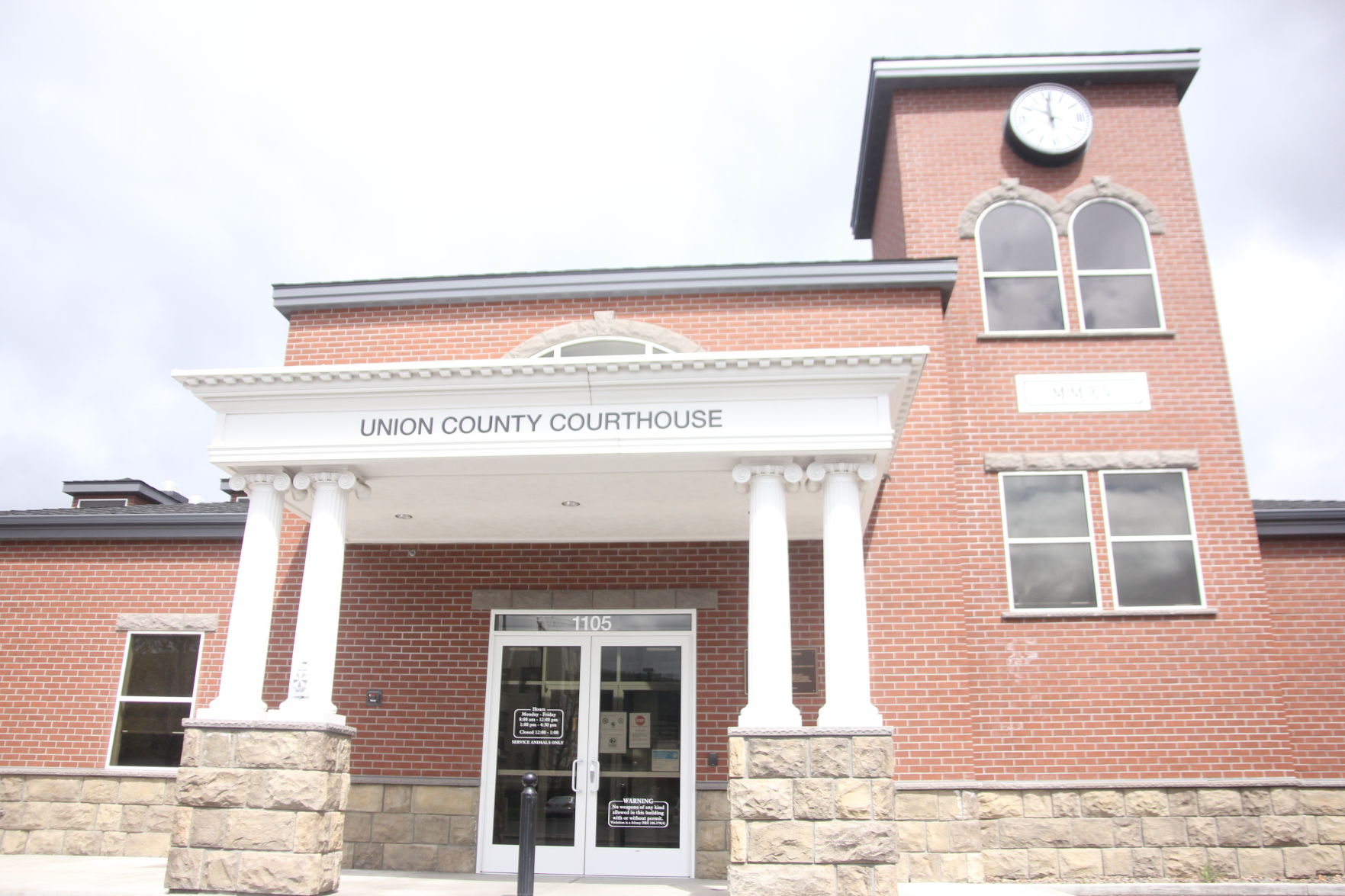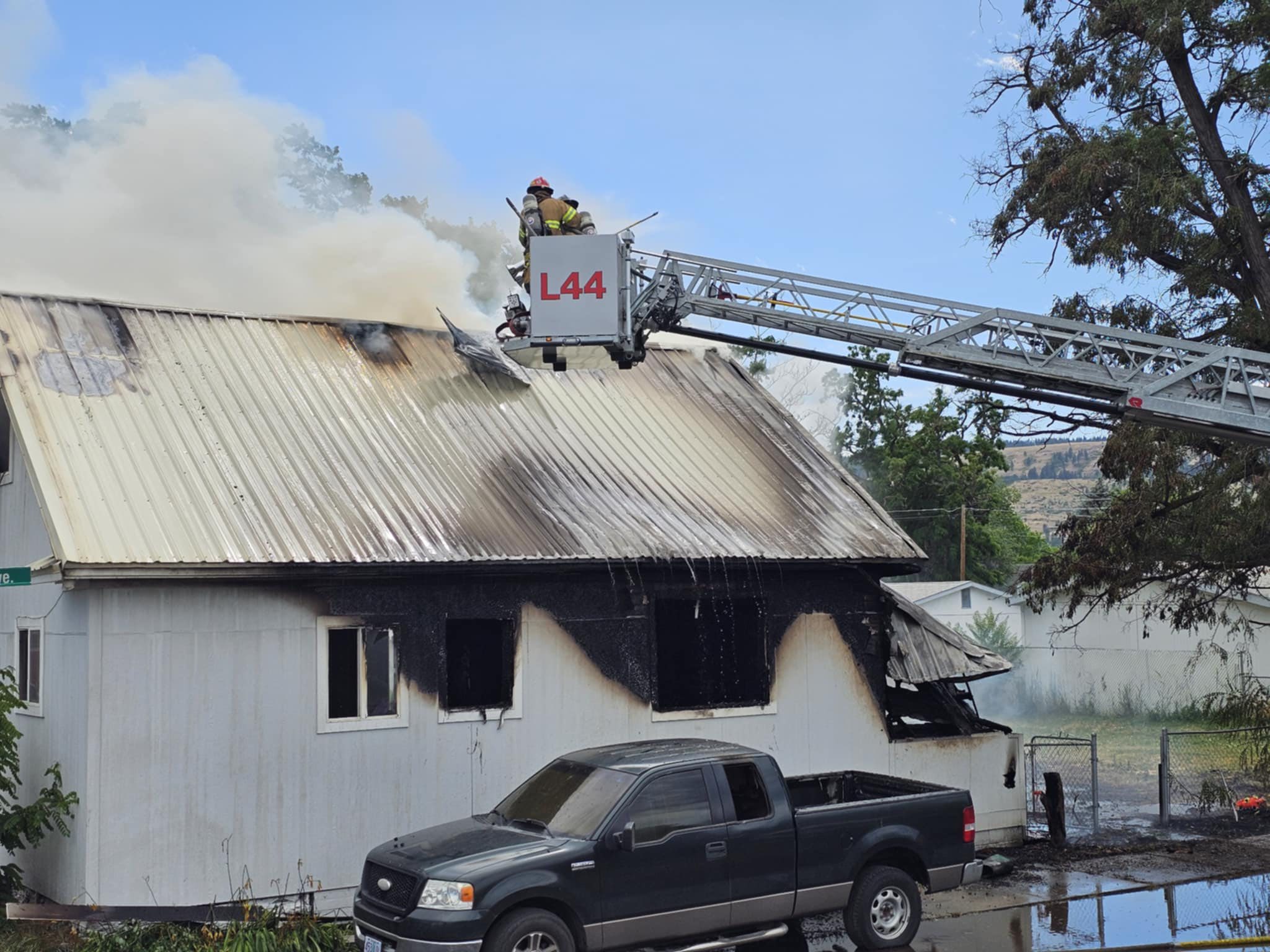Other views: Measure 110 is a fundamentally bad law conceived in bad faith
Published 6:00 am Saturday, October 14, 2023

- Marquis
In 2020, a national group that has been seeking to abolish all criminal drug laws in America finally hit pay dirt in Oregon. Measure 110, authored by the Drug Policy Alliance (DPA) spent millions of dollars (much of it from financier and social engineer George Soros) to pass the first law in America — and in many ways in the world — to eliminate all criminal penalties for the vast majority of drug possession.
They picked Oregon for a reason. Despite laws that technically defined possession of drugs like heroin and methamphetamine as felonies, Oregon has had the second lowest rate in the nation for sending drug users to prison. As a lawyer and prosecutor for over 40 years I think that practice made sense.
Oregon pioneered the use of “drug courts,” like the one that finally was shuttered here in Deschutes County. The concept of drug court was to allow prosecutors to screen lower-level drug criminals, those whose primary issue was not theft or assault, but their addiction. When they signed up for drug court, they agreed to accept a program of treatment with a list of both incentives and punishments.
Beating an addiction is tough on anybody and the drug court recognized it might take a few false starts. The usual way it worked is that addicts were required to gather weekly in court before a judge who talked through their struggle against addiction, aided by a probation officer and often a social worker specializing in addiction, who fashioned programs to build both incentives to stay clean and disincentives to use again. But to be blunt, drug court was inherently coercive because it had to be. Anyone with a family member with an addiction (and most Americans have a family member who struggles with addiction) knows that the only way for someone to stay clean is to be forced to do so, until they self-motivate to stop using.
All this was destroyed with the passage of Ballot Measure 110 in 2020, which was pitched as a “humane” alternative to a supposedly harsh and retributive system. Although Measure 110 claimed to simply “de-criminalize” drug possession, in fact it was outright abolition and, more important, functionally barred any law enforcement involvement in addiction behavior. Police are now barred not simply from arresting someone shooting up fentanyl, they cannot even ask permission to search a car or a bag. And since there is no crime for simple possession, if they find someone passed out with a needle in their arm and a bag of 35 gray pills that appear to be oxycodone, but are almost certainly fentanyl, there is nothing police can do.
Multnomah County District Attorney Mike Schmidt has presided over an explosion of crime, homicide and widespread public drug use and overdose. Last week eight people overdosed within a small portion of Portland. Schmidt supported Measure 110, unlike virtually every other DA (then-Deschutes County District Attorney John Hummel having supported Measure 110 along with Schmidt). A group of citizens, led by former legislator Max Williams, want to amend Measure 110 to allow some misdemeanor prosecution. It is too little, too late.
Measure 110 is a fundamentally bad law, conceived in bad faith and intended to legalize all drugs.
The time has come to put this deeply flawed law back before voters. It is literally costing lives, many of them children, with no policy or program on the horizon likely to slow down the overdoses and deaths. Another recent headline claimed the explosion of overdoses were unrelated to Measure 110, but Oregon lawyer Jeff Eager revealed that the key “co-author of a widely publicized New York University study about the effects of Measure 110 on drug overdose fatalities in Oregon is employed by a Portland nonprofit that has received $1.75 million in Measure 110 funding.”
How many dead teenagers is too many?
Do you have a point you’d like to make or an issue you feel strongly about? Submit a letter to the editor or a guest column.









